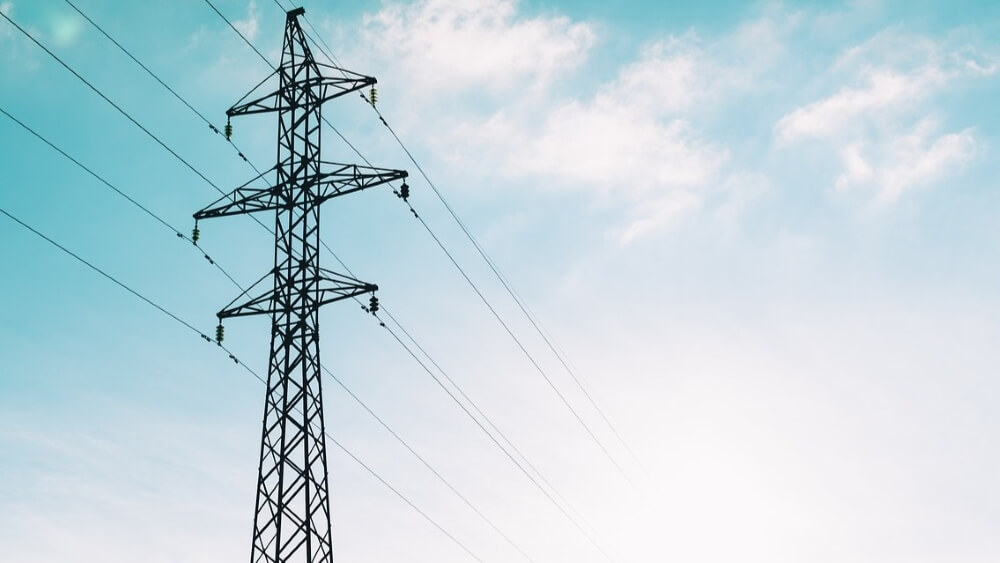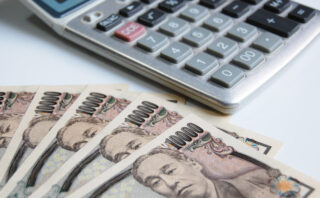Life essentials such as electricity, gas, and water are indispensable in daily living. In Japan, it is common for the person renting an apartment to make contracts for electricity, water, and gas. If you fail to complete the procedures or payments, your electricity and gas may be cut off. This guide provides a market price of utilities in Japan, English-speaking service providers, and the process of contracting these essential services.
Utility Services in Japan
Infrastructure facilities in Japan are highly advanced, ensuring a constant and stable supply of electricity, water, and gas even in rural areas and on islands. In recent years, the undergrounding of electric power has progressed, making it less susceptible to the impact of natural disasters.
Tap water is drinkable in all cities, allowing for various uses such as cooking and bathing. Another key point is that Japan’s water is soft, which has fewer minerals like calcium and magnesium, giving it a smoother taste and making it gentler on the skin.
While most residences use a combination of city gas and electricity, there is a growing trend towards all-electric homes. The choice of electricity and gas provider is left to individual preference.
Average Price of Utilities in Japan

Utility fees in Japan are billed monthly based on the usage from the previous month. Basic fees are usually set, making the per-person cost lower for households with more occupants.
Electricity
During the winter, when there is a significant temperature difference between indoors and outdoors, there is a tendency for electricity bills to be approximately 1.5 times higher compared to other seasons due to the use of air conditioning.
- Single-person household: ¥7,162
- Two-person household: ¥11,879
- Four-person family: ¥14,849
Water
Apart from Okinawa, many households take hot baths during winter. As a result, there is a tendency for water bills to be slightly higher in winter. Water is typically billed once every two months.
- Single-person household: ¥2,116
- Two-person household: ¥4,229
- Four-person family: ¥6,196
Gas
In areas outside urban centers, propane gas is commonly used instead of city gas, with costs approximately 1.5 to 2 times higher. Heating water and using gas heating appliances contribute to winter gas bills being around twice as much as those in the summer.
- Single-person household: ¥3,163
- Two-person household: ¥5,129
- Four-person family: ¥5,555
Total Utility Costs
Combining electricity, water, and gas expenses, the average monthly costs generally amount to the following.
- Single-person household: ¥12,000–13,000
- Two-person household: ¥20,000–22,000
- Four-person family: ¥25,000–28,000
Source: Household Survey (Ministry of Internal Affairs and Communications)
Key Utility Providers
While you have the freedom to choose gas and electricity providers, unfortunately, there are not many providers that offer support in English. The following companies are major providers in Japan, which offer services in English. Note that bundling electricity and gas services with the same company may lead to cost savings.
Electricity & Gas
- 東京電力 (TEPCO): Kanto Area
- 関西電力 (KEPCO): Kansai Area
Water
Water suppliers vary depending on your area. In Tokyo, it is Bureau of Waterworks Tokyo Metropolitan Gouvernment, and in Osaka, it is Osaka Municipal Waterworks Bureau. If you are unsure, check with the real estate agent who facilitated your contract.
Making Contracts for Utilities
Applying for electricity, gas, and water services is very easy. Applications can be submitted online or by phone, and usually same-day activation is possible. Payment methods usually include bank account withdrawals, convenience store payments, and credit card payments.
Electricity
It is recommended to make a contract before moving in. Electricity is often connected before moving in, but it is essential to complete the contract to avoid the risk of a sudden service cutoff. To make a contract, contact your chosen provider, providing your address, name, phone number, and the desired service start date.
If electricity is not working when moving in, check the circuit breaker. Circuit breakers are often located near the entrance or near the bathroom on the wall. Turning the largest switch upwards will restore power. (However, it can vary depending on the equipment; if you are uncertain, please contact your provider.)
Gas
The provider’s technician will come to your home to turn on the gas service. A resident must be present for this visit. The process of turning on the gas typically takes only about 5 minutes. The appointment can be done when applying for gas service. If you use propane gas, your provider takes care of managing the remaining gas and refills it as necessary.
Water
Water is usually ready for use before moving in. If water does not come out, turn the tap at the main valve. The main valve is usually located in the apartment corridor or an external space. Contact your waterworks bureau before or shortly after moving in to establish a contract.
When moving out, simply inform each service provider of your intention to terminate the contracts. We hope the information provided in this article about electricity, water, and gas services proves helpful in smoothly starting your new life in Japan.



